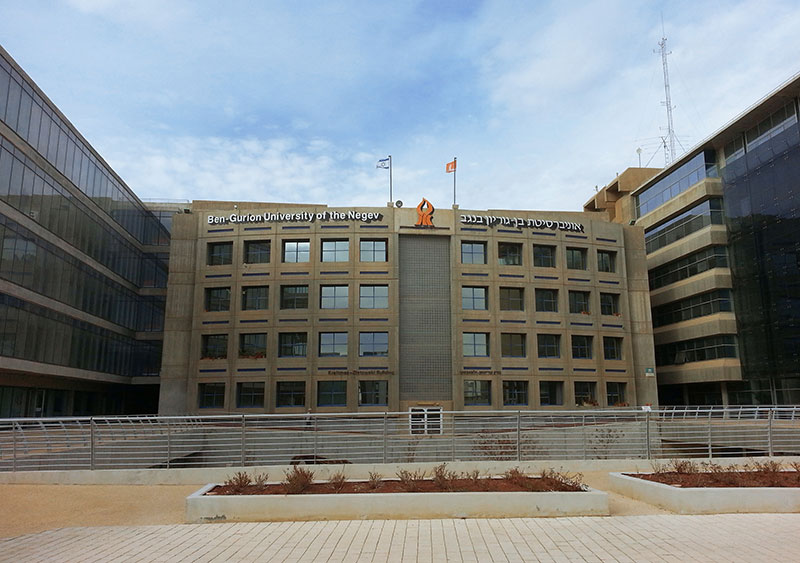Researchers at Ben-Gurion University of the Negev (BGU) have developed Epiness, a device for detecting and predicting epileptic seizures based on machine-learning algorithms. The wearable device can generate an advanced warning about an upcoming seizure that will be sent to a smartphone up to an hour prior to its onset. The system was out-licensed for further development and commercialization to NeuroHelp, a startup company that was recently founded by BGN Technologies, the technology transfer company of BGU and Dr. Oren Shriki, the Department of Cognitive and Brain Sciences at BGU and NeuroHelp’s scientific founder.
Read more Purdue Researchers Develop Wearable That May Help Prevent Sudden Death From Epilepsy
Epilepsy is a highly pervasive, and at times debilitating neural disease. Up to 30% of patients do not adequately respond to anti-epileptic drugs and live under constant fear of impending seizures. For such patients, a viable seizure prediction device could offer a substantial improvement in the quality of life. Current seizure alarm devices can detect a seizure in real-time but are unable to provide advanced warnings of impending seizures, says a press release.
Epiness is based on a new, ground-breaking combination of EEG-based monitoring of brain activity together with proprietary machine-learning algorithms. The device combines a wearable EEG device with state-of-the-art software that minimizes the number of necessary EEG electrodes and optimizes electrode placement on the scalp. The sophisticated machine-learning algorithms are designed to filter noise that is not related to brain activity, extract informative measures of the underlying brain dynamics, and distinguish between brain activity before an expected epileptic seizure and brain activity when a seizure is not expected to occur.

“Epileptic seizures expose epilepsy patients to various preventable hazards, including falls, burns, and other injuries,” said Dr. Oren Shriki. “Unfortunately, currently there are no seizure-predicting devices that can alert patients and allow them to prepare for upcoming seizures. We are therefore very excited that the machine-learning algorithms that we developed enable accurate prediction of impending seizures up to one hour prior to their occurrence.”
Read more BioSerenity Helping Epilepsy Patients by Diagnosing the Condition Earlier
Dr. Hadar Ron, Chairperson of NeuroHelp Commented:
“Epilepsy that is not adequately controlled by medication is prevalent, amounting up to 30% of epilepsy cases, and therefore, an accurate, easy to use seizure predicting device is a highly necessary unmet medical need. Epiness is unique in that it can predict an upcoming seizure and allow the patients and their caretakers to take precautionary actions and prevent injuries. It is also the only device that is based on brain activity rather than muscle movements or heart rate. We are confident that Epiness will be a valuable tool in the management of drug-resistant epilepsy.”









